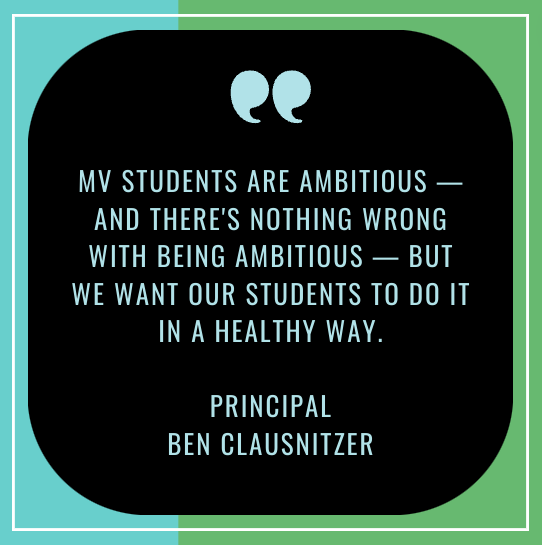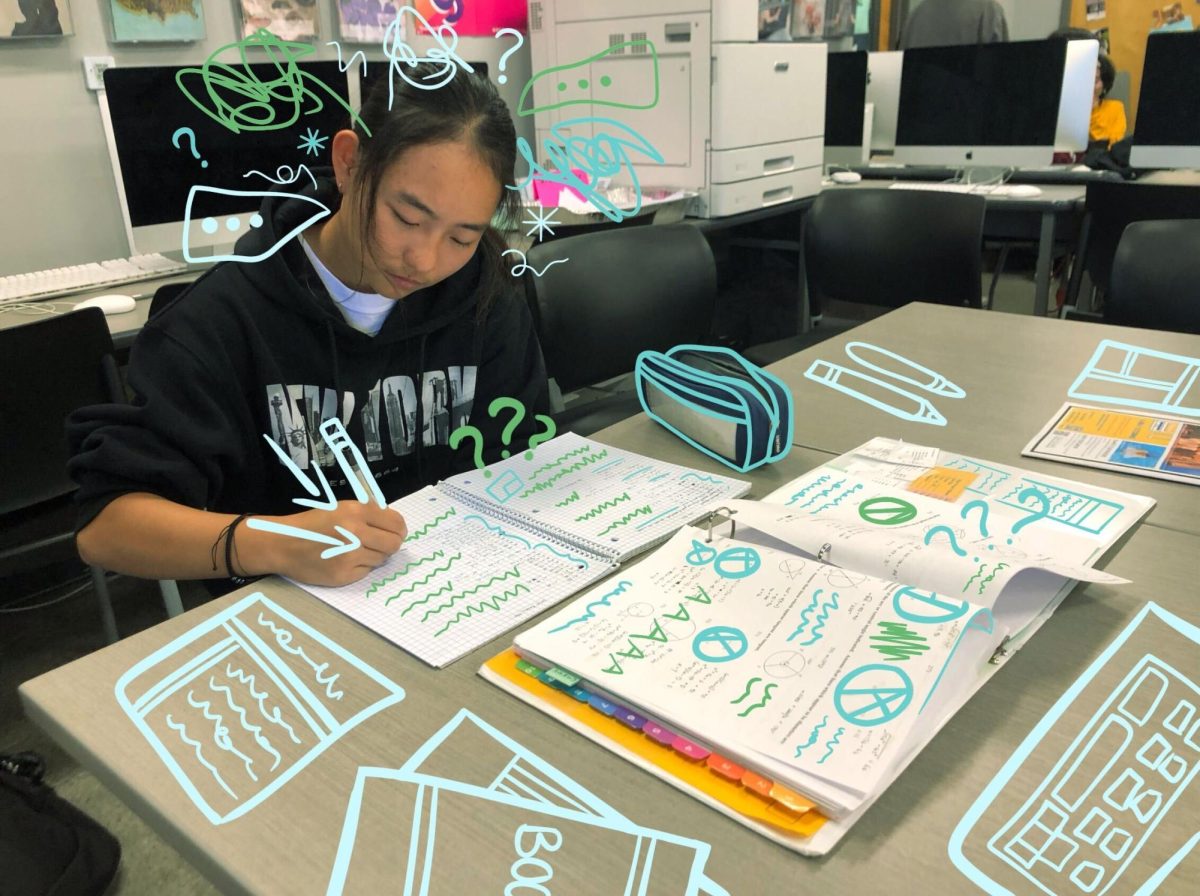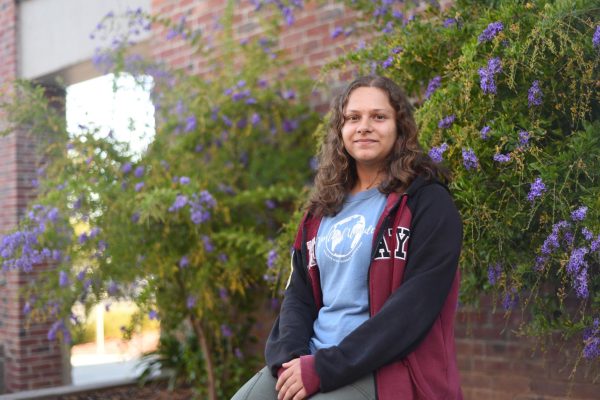It is the Friday before spring break, and across campus, the section of the agenda on the whiteboard in most classrooms reserved for announcing homework or tests boasts a smiley face and a short message: “Enjoy your break!” Seeing such messages before school breaks is an experience many MVHS students can relate to, although having no homework during a school week is a rare occurrence at MVHS. For sophomore Anya Deshpande, the lack of homework or tests around school breaks is welcome.
“Not having homework over break has helped me a lot,” Deshpande said. “I need to sleep. Also, during break especially, a lot of people schedule family vacations or have extracurricular activities happening. So it’s helpful to just worry about that instead of worrying about school.”
This lack of homework on breaks is not just a happy coincidence; before the COVID-19 pandemic, Monta Vista teachers agreed upon a collective commitment that encouraged them to, within the best of their abilities, refrain from giving assignments over breaks. MVHS Principal Ben Clausnitzer describes collective commitments as agreements where staff join together on a topic that a school district or principal may not have mandate power over and agree to uphold it.
Clausnitzer explains that the primary goal of this particular agreement was to ensure that students could truly rest over break without looming stressors, like upcoming exams or homework assignments, which is what staff agreed to try and uphold by not assigning homework over breaks. Despite this, he recognizes how some courses have more content to cover, and it may be difficult for teachers to avoid putting pressure on students to make progress over school breaks.
“The spirit of the collective commitments was to give no homework that a student would be required to do by the Monday they come back,” Clausnitzer said. “But I think people recognize that there’s realities like AP testing happening right after spring break, so it’s a commitment to try to get students to be able to have the break to themselves.”
Deshpande says that while most teachers don’t directly assign homework for breaks, some treat the break as extra time for ongoing projects or assignments. For instance, she mentions having an essay assigned three weeks before spring break due on the Monday right after spring break. Despite having this assignment, most of her other classes didn’t assign anything, and she was still able to use the time to study for AP testing as she had originally planned.
“My teachers are usually really good about not assigning homework over breaks,” Deshpande said. “I think we should also utilize the time that we have over break to work on projects, but even if I don’t finish my work, the teachers tell me that I can just work on it when I come back to school.”
In contrast, within the two years freshman Yinuo Tian lived in China, she was always assigned a significant homework load over school breaks. Tian says that she only later realized that the absence of work at MVHS was due to a specific agreement among teachers, as, similar to Deshpande, she noticed that some of her teachers do not always abide by it. While she says that this agreement has decreased the stress she faces on breaks, Tian understands why some teachers would want to bend the rule.

“Even if there are some teachers breaking the rule, I don’t think that’s necessarily a bad thing,” Tian said. “I can see why teachers may not like this policy because it might not fit the pace of their curriculum. Just a little bit of homework reminds us, ‘Okay, we still have school, and we still need to remember the material. Don’t let my guard down because I might get nailed with a test when I go back.’”
Ultimately, Clausnitzer says that whether or not teachers assign work over breaks is not up to him. The collective commitment is based on consensus and does not have clear guidelines that teachers are obligated to adhere to — according to him, it is the “spirit” of the agreement that teachers should follow, which includes doing what they can so that students are less stressed over breaks. Clausnitzer says that students and teachers should work together to agree upon any assignments over breaks, and in the event that he receives a report about a teacher not following the commitment, that the best he can do is to communicate with the teacher about the commitment’s purpose.
“As an organization, we try to plan our collective commitment so that it benefits our students,” Clausnitzer said. “We recognize with our colleagues that the organization is for the good of everyone involved, including our students. Our Monta Vista students are ambitious — and there’s nothing wrong with being ambitious — but we want our students to do it in a healthy way.”












